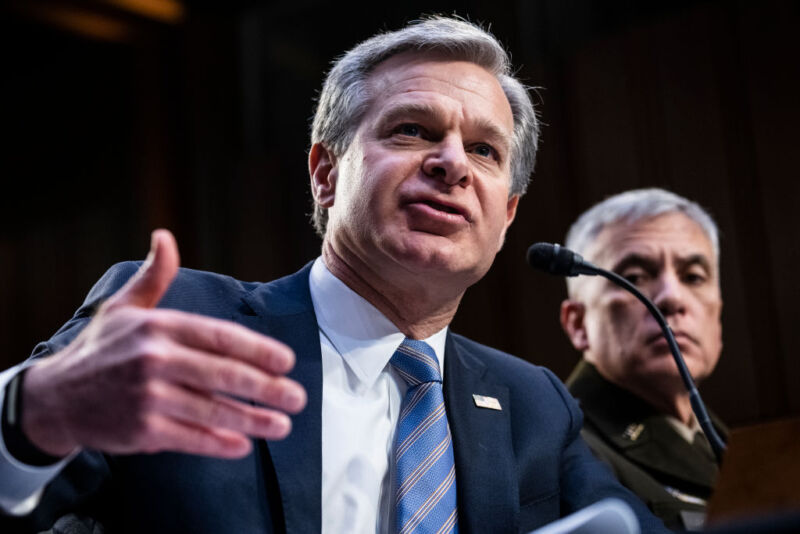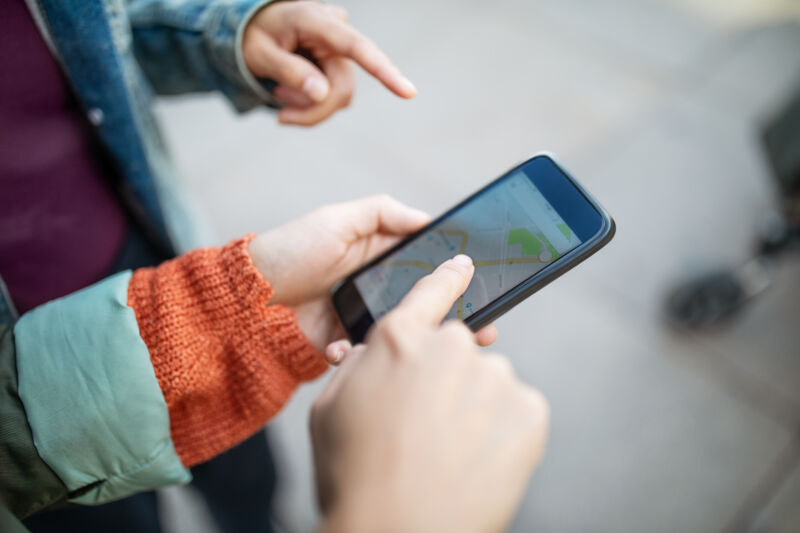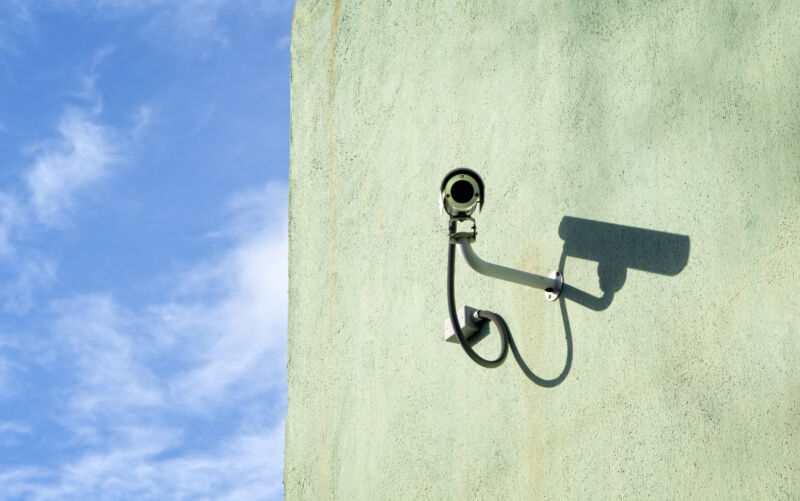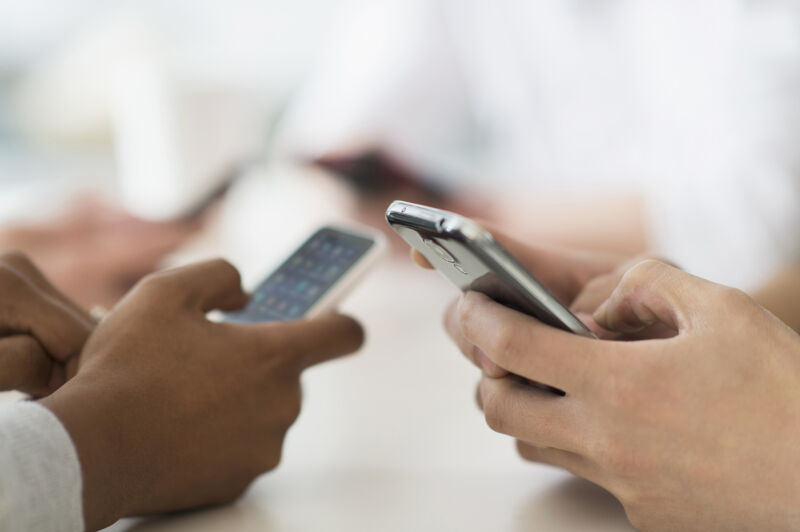-
 chevron_right
chevron_right
TikTok CEO fails to convince Congress that the app is not a “weapon” for China
news.movim.eu / ArsTechnica · Thursday, 23 March, 2023 - 22:21

Enlarge / TikTok Chief Executive Officer Shou Zi Chew testifies before the House Energy and Commerce Committee. (credit: Kent Nishimura / Contributor | Los Angeles Times )
For nearly five hours, Congress members of the House Committee on Energy & Commerce grilled TikTok CEO Shou Zi Chew over concerns about the platform's risks to minor safety, data privacy, and national security for American users.
“The American people need the truth about the threat TikTok poses to our national and personal security,” committee chair Cathy McMorris Rodgers (R-Wa.) said in her opening statement, concluding that “TikTok is a weapon.”
Rodgers suggested that even for Americans who have never used the app, “TikTok surveils us all, and the Chinese Communist Party (CCP) is able to use this as a tool to manipulate America as a whole.”




